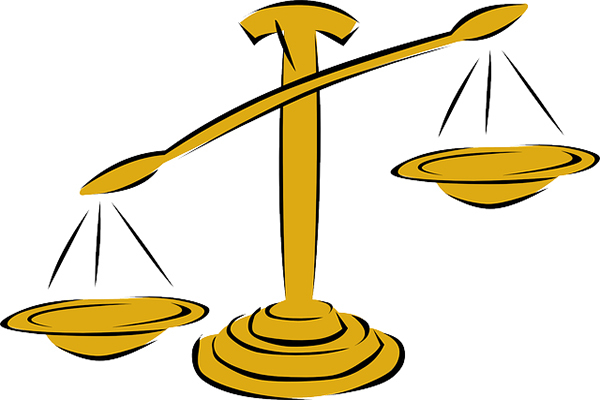Announcing her 2015 agenda in her annual State of the State address, South Carolina Gov. Nikki Haley proposed reforming the state’s tax structure, cutting the state’s income tax rate by 30 percent and increasing the gas tax by $0.10 per gallon.
Haley’s support for increasing the state’s gas tax was conditional on the legislature’s approval of a 30 percent reduction in the state’s income tax, she said.
If enacted, gas tax revenues would be dedicated exclusively to road maintenance.
Another condition placed on Haley’s approval of a gas tax increase is granting her office the executive power to oversee a restructuring of the South Carolina Department of Transportation’s commissioner selection process.
Considering Neighbors’ Taxes
“Gov. Haley’s significant income tax proposal more than offsets the negative effect of the gas tax increase,” Patrick Gleason, director of State Affairs at Americans for Tax Reform, said. “This income tax cut proposal is especially important given that there are two states with no income tax in the region, Tennessee and Florida. North Carolina just reduced their income tax rate, while Georgia is looking to follow suit.
“However, South Carolina legislators from both parties are now seeking to pass the gas tax increase and table the income tax cut. Americans for Tax Reform supports Haley’s insistence that any gas tax increase must be tied to an income tax cut,” Gleason added. “Otherwise, legislators are simply voting for higher taxes at a time when South Carolinians have been hit with over 20 federal tax increases in recent years.”
Let’s Make a Deal
Tax Foundation economist Liz Malm agrees with the idea behind Haley’s proposed tax trade.
“In terms of the gas tax, South Carolina has a really low rate. If it was brought up 10 cents like the governor wants, it would still be the lowest among its neighbors,” Malm said.
She explained, “The way they fund transportation and road funding is that you have state taxes and user taxes and fees—things like tolls and road charges. That only makes up 50 percent of road spending in South Carolina, and that other half has to be made up through the state’s general fund or federal aid.
“South Carolina has a high top income tax rate, when you look at its region and its peers. I don’t think you can really pick which is better, keeping gas taxes low or cutting income taxes. You have to look at the pros of each of them,” Malm said.
Jeff Reynolds ([email protected]) writes from Portland, Oregon.
Internet Info:
“Do The Rich Flee from High State Taxes? Evidence from Federal Estate Tax Returns,” Jon Bakija and Joel Slemrod, http://heartland.org/policy-documents/do-rich-flee-high-state-taxes-evidence-federal-estate-tax-returns/


